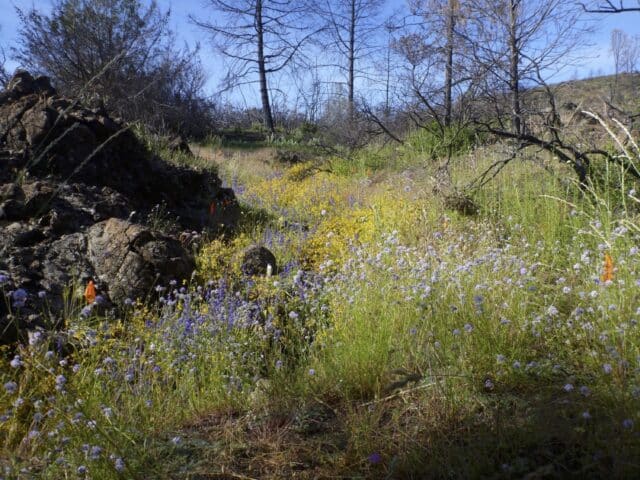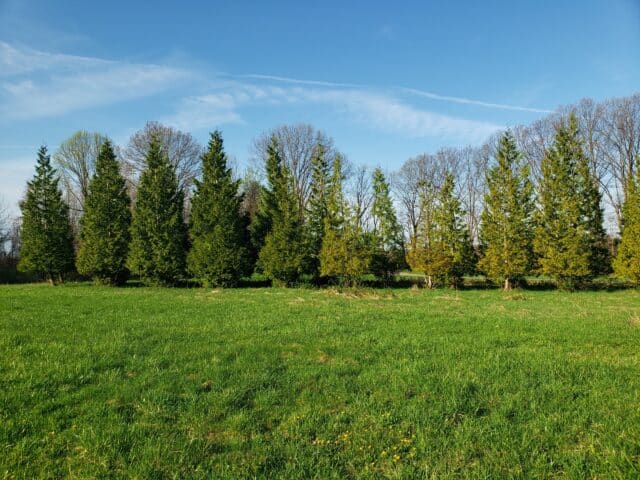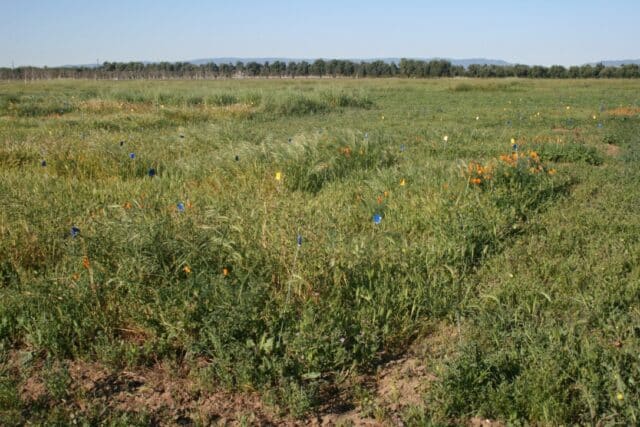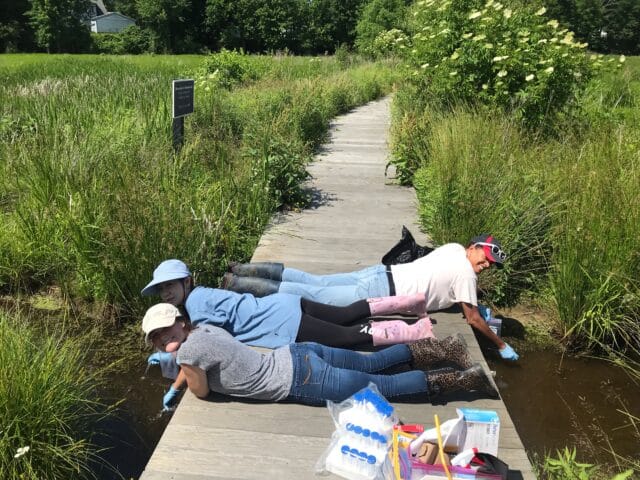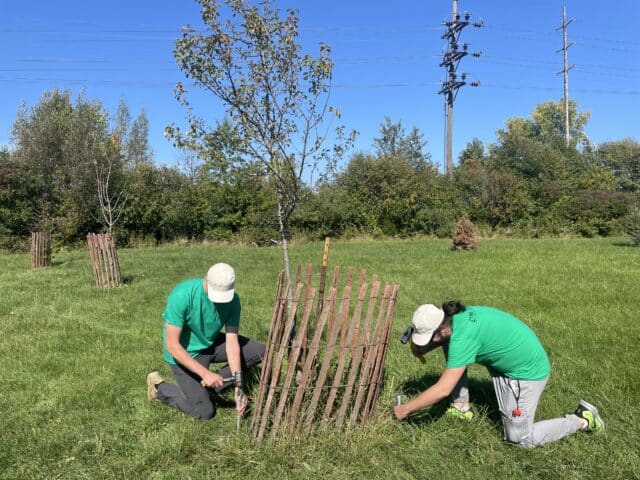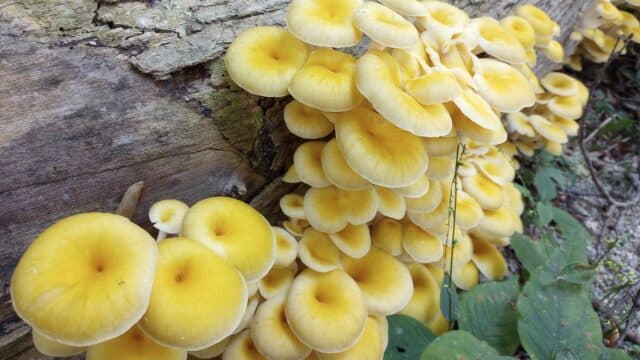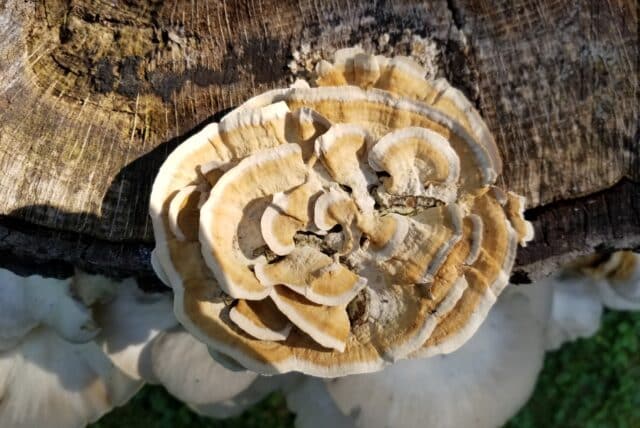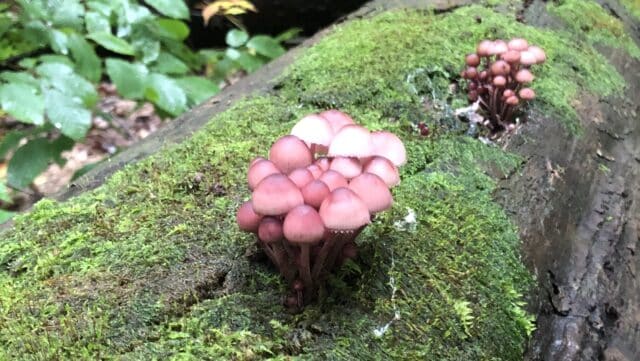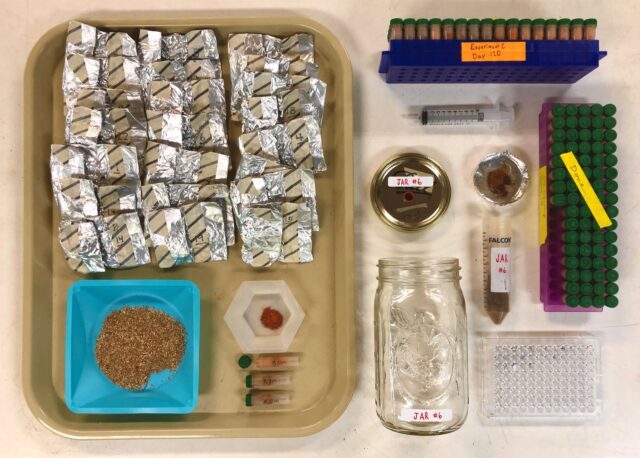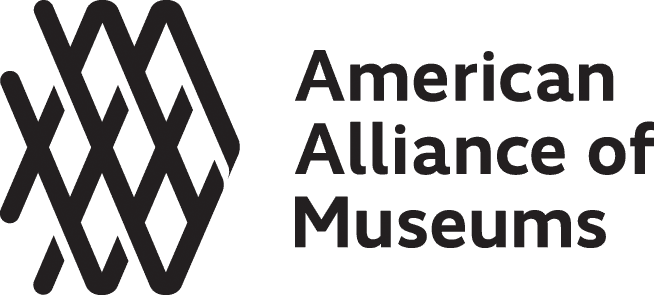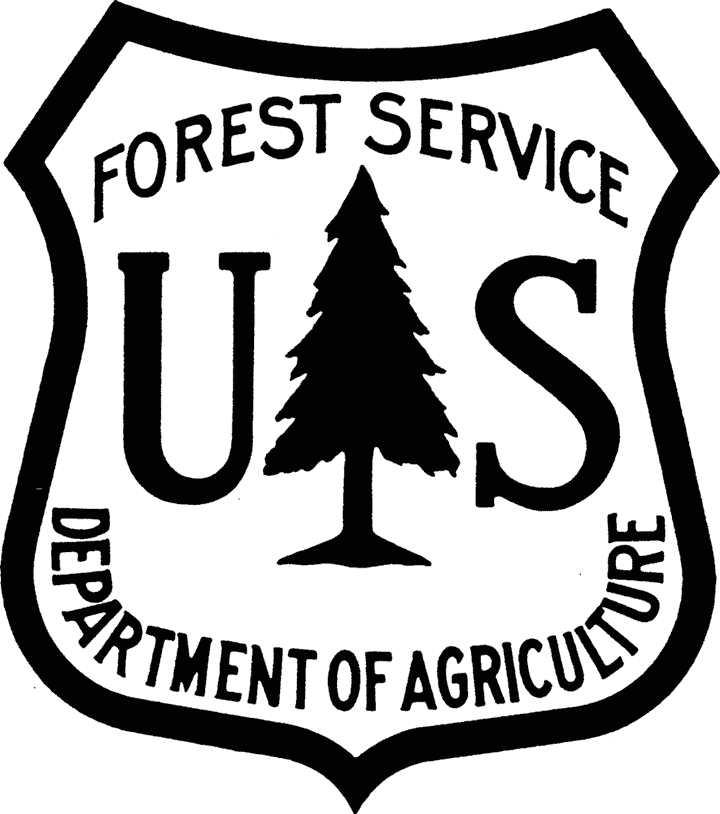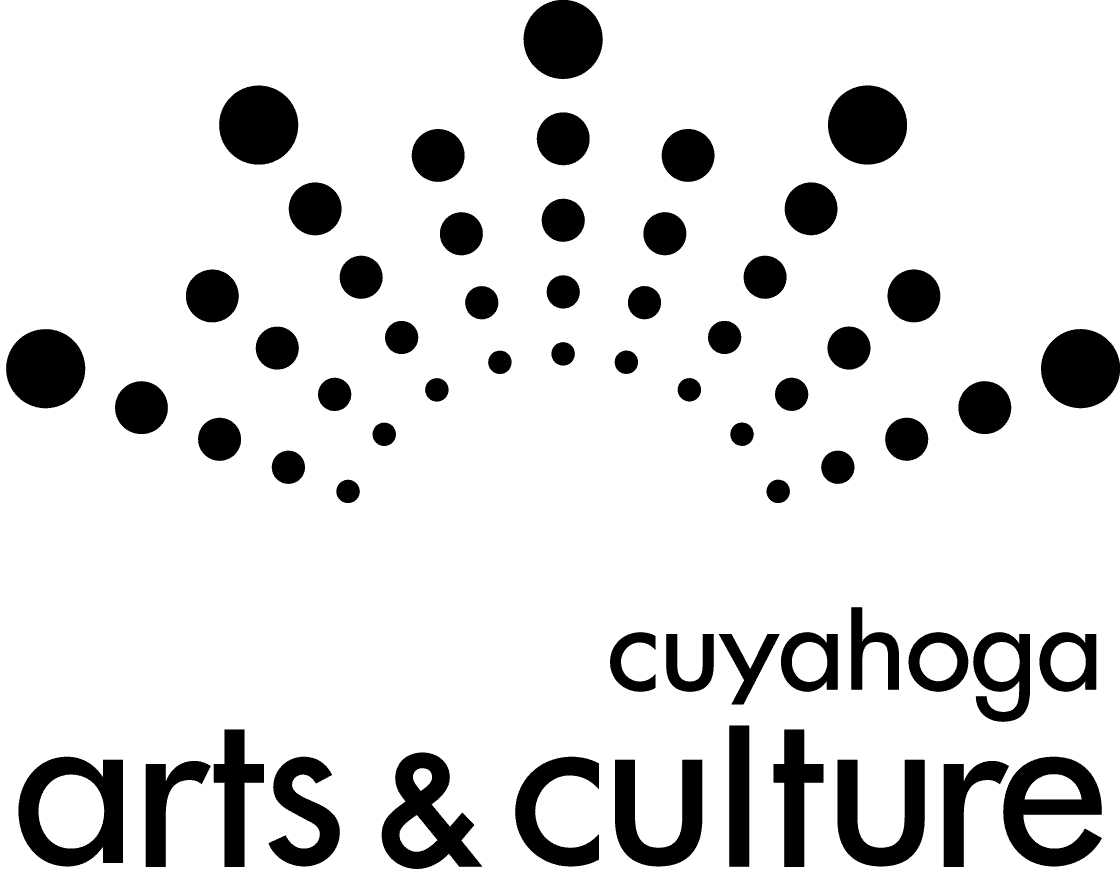
By: Emma Dawson-Glass, Research Specialist
Where do plants come from? No, we’re not talking about the birds and the bees or the sun and the soil. Many of our favorite ornamental plants have been specifically engineered to have showier flowers, grow taller, and resist disease, creating plants with little resemblance to their wild relatives. Ever wonder who comes up with these things, and puts them into practice? This week we talk to Connor Ryan – the Rhododendron Collections Manager within Holden’s Research Department – on how he got into collections and plant breeding.
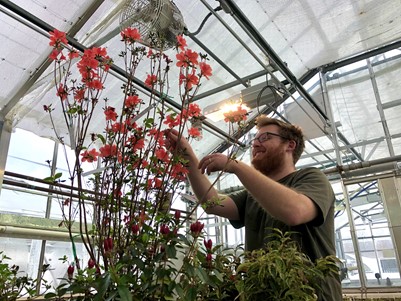
What is your role? What do you study?
I’m the Rhododendron Collections Manager at Holden Forests & Gardens. My job involves three main things: 1) managing the Leach Station (Holden’s Rhododendron research station), 2) curating Holden Forests & Gardens’ Rhododendron collection, and 3) breeding ornamental plants; mostly Rhododendrons.
What drew you to science?
I guess curiosity. I don’t know if I was drawn to “science” so much as to plants. There aren’t too many career paths that directly involve plants outside of landscaping/horticulture and science. I was drawn more towards the science side because there are just more options to look at things on a deeper level in science.
Beyond that, internships were really important to getting me to where I am now. In a way, as a college student I think internships can be more important than normal schooling because that’s where you learn what you like. Throughout college I did two horticulture internships at arboreta, and a plant breeding internship at North Carolina State University. Strangely enough, those two things combined are basically what my job is now, so those really helped me figure out the things I was interested in.
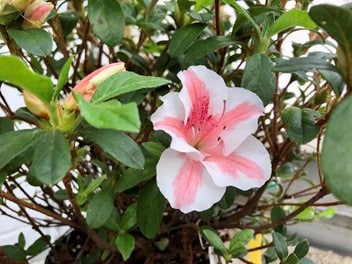
What is something you wish more people knew about becoming/being a scientist?
You don’t need to be an academic to be in science—you can be in places like industry, you don’t need to publish, and you can use skills to interpret scientific articles/novel research in fields other than a traditional academic setting. There is so much still to learn, and my current role is really about supporting people to discover new things. For example, less than a year ago, a new Rhododendron species was discovered in the United States (Rhododendron smokianum for those interested!). It’s crazy to think that even in a developed, relatively well-explored area of the world with a lot of investment in discovery, there is still stuff slipping through the cracks.
What is something you love about science?
I’m excited when people discover new things. For example, recently I was reading about genetically modified organisms (GMOs) and non-native crops regrown in tissue culture (a special tool for growing plants in the lab), where a group made transgenic wheat (genetically engineered wheat) easier to regenerate in tissue culture. This could make genetically engineered wheat a lot easier to make and a more viable option for wheat improvement. I’m excited about the prospect of applying those techniques to other crops – regeneration in tissue culture is a major hurdle in genetic engineering. There is a whole community of people who work to create a body of work and make many incremental discoveries that build to new breakthroughs all the time.
What is something in science you think could be better?
I don’t love the current system of “becoming” a scientist—i.e., go to school and somehow learn to become a scientist. There are so many challenges, from finding housing while you’re at school to supporting yourself and finding opportunities. I suppose to an extent things are not inclusive just because of how our society is set up, and I don’t know if science can necessarily fix that. But it is definitely challenging to become a scientist because you often need privilege growing up—it’s already hard enough to become a scientist, and these challenges just add to it. I didn’t grow up wealthy, but I had enough money to be supported through school and overall was privileged growing up, and things were still hard. I can’t imagine how hard things must be for those who don’t have those kinds of resources to get into the field.
What are you most excited about in your field today (e.g. new frontiers, new efforts, new techniques, new people, etc.)?
I’m really excited about gene editing. I don’t do it in my job, but I think there are a lot of problems that could be solved with gene editing. It seems like there is so much that we could do to address new pests and diseases through gene editing rather than traditional breeding.
Also, there is still a lot of exploration and discovery of unknown plants that can be used for things like plant breeding. With those discoveries comes new possibilities for ornamental and adaptive traits. There’s a lot of science but also creativity in ornamental plant breeding—you pick what you like, pair it, and get something new. It’s accessible to hobbyists, so long as you’re creative and you know your plant materials. There’s so much that we can do as new things keep getting discovered that can be really cool for new plant breeding.
What are 3 songs on your research playlist?
I’m more of a podcast guy, but I can recommend a few bands. I’ve recently been really into new tone ska (the newest wave of ska music). The bands I’m currently listening to in that genre are Skatune Network, We Are the Union, Cat Bite, and Tape Girl. I was actually in a ska band in high school, and they’re still active so I listen to them as well—they’re called Flying Raccoon Suit.
What is your favorite thing to do outside of your job as a scientist?
It’s adjacent, but I love going to public gardens. Whenever I travel, I go to the local public garden or go out of my way just to check out cool new gardens, because there is so much cool stuff you could never see otherwise!
